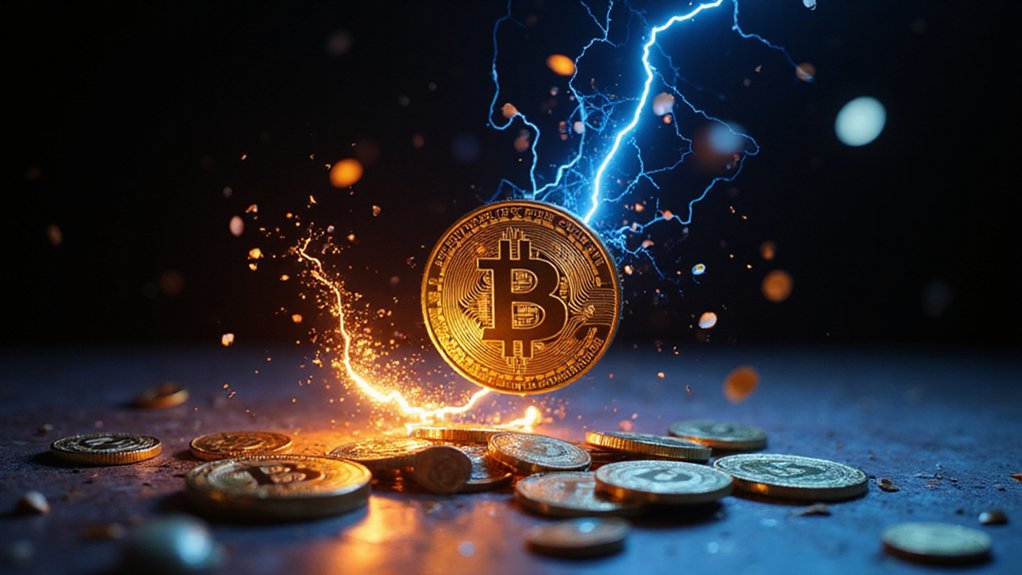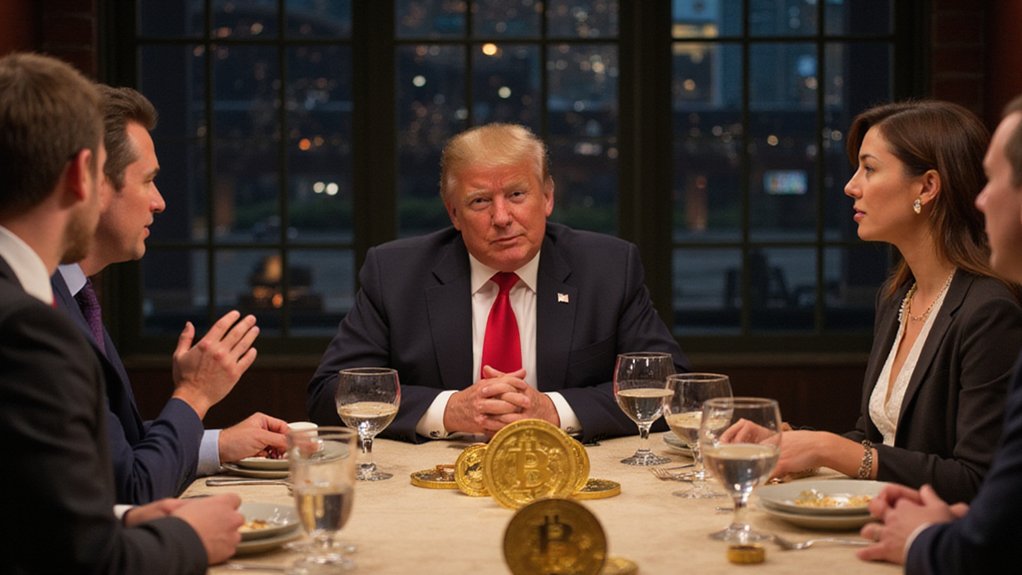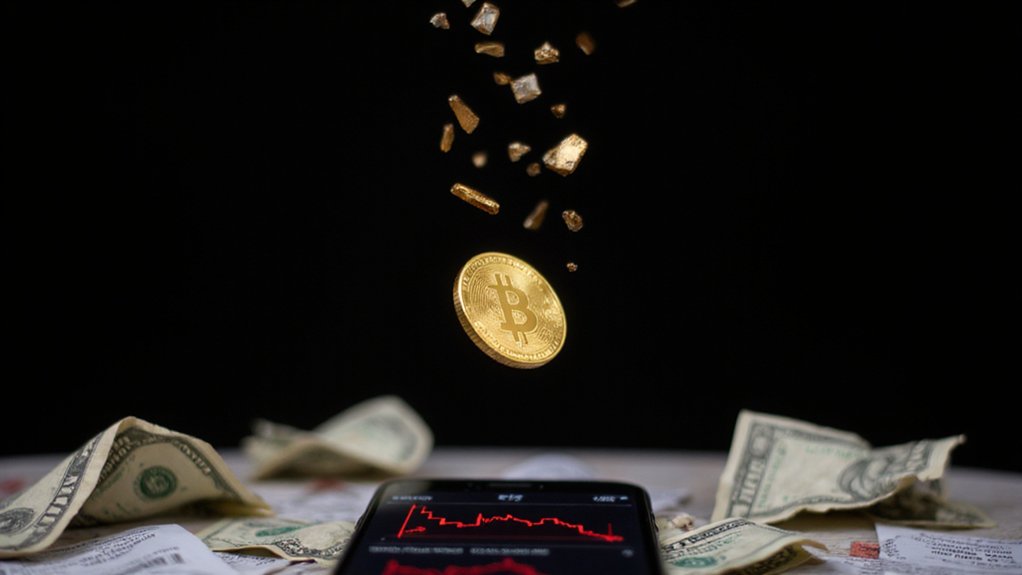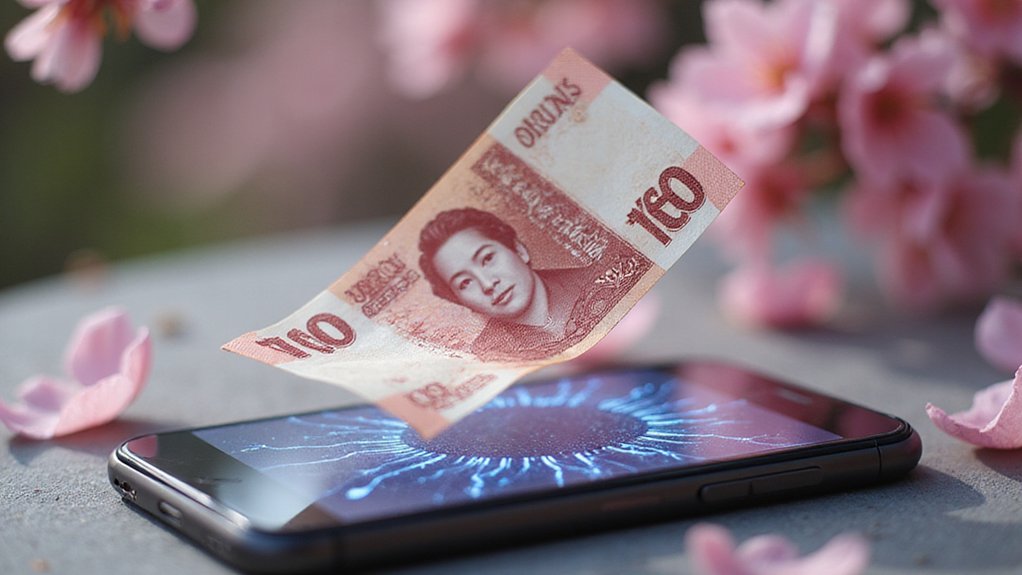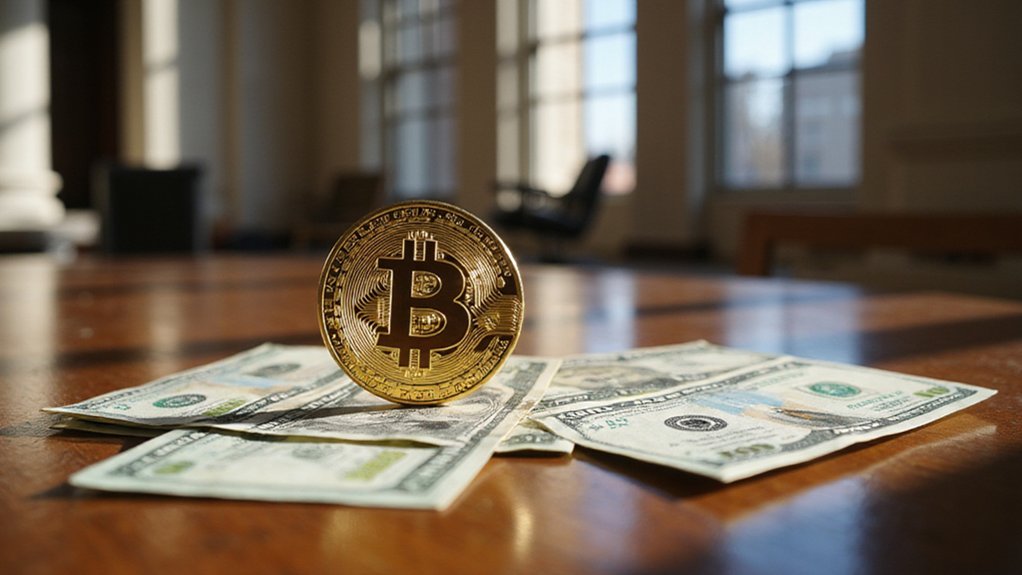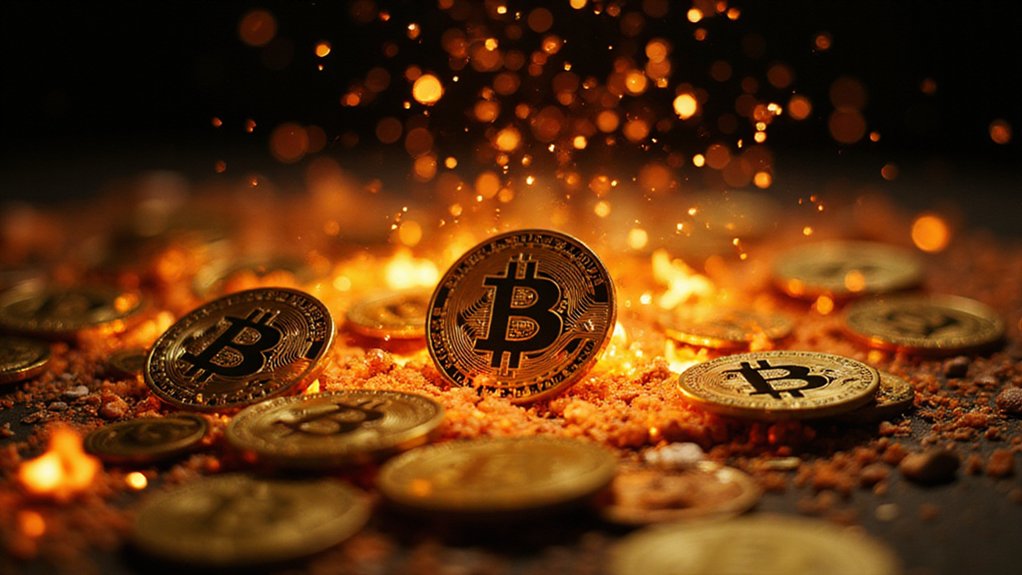While the $TRUMP token has been marketed as a quintessentially American asset—draped in patriotic rhetoric and tied to the former president’s brand—a striking irony has emerged: non-American investors appear to dominate the token’s elite holder list. This revelation comes amid the token’s turbulent market journey, which saw its fully diluted value reach an astonishing $73 billion before retreating by approximately 50%—still leaving it with a remarkably substantial valuation despite the volatility that has become its hallmark.
The token’s ownership structure reveals a concentration that might give pause to decentralization purists; roughly 80% of the total supply rests in the hands of two entities: CIC Digital LLC and Fight Fight Fight LLC, both with intimate connections to Trump’s broader business ecosystem. Of the billion-token supply, only 200 million were initially released, with the remainder scheduled for distribution over a three-year horizon—a strategy that inevitably raises questions about potential market manipulation capabilities. The coin was specifically launched on January 17, 2025, as an SPL token on the Solana blockchain. The initial price of $0.18 skyrocketed to over $21.51 in a matter of hours, reflecting unprecedented market enthusiasm.
What’s particularly fascinating about the international appetite for $TRUMP is how it contrasts with the token’s ostensibly America-first messaging. Foreign investors, perhaps viewing the asset through a less politically charged lens than their American counterparts, appear to have recognized a speculative opportunity in a token whose value propositions remain nebulous beyond its namesake’s celebrity. Like other popular meme coins such as Dogecoin and Shiba Inu, $TRUMP’s appeal seems driven more by cultural phenomenon than fundamental utility.
The international embrace of $TRUMP reveals a paradox: foreign capital eagerly backing an America-first token with little value beyond its controversial namesake.
The timing of the token’s launch—immediately preceding a potential second Trump presidency—has fueled speculation about political motivations undergirding what is ostensibly a financial instrument. This convergence of politics and finance has contributed substantially to the Trump family’s net worth while simultaneously drawing regulatory scrutiny that could ultimately determine the token’s longevity.
For market observers, the $TRUMP phenomenon represents a compelling case study in how brand value can translate into market capitalization, even absent traditional fundamentals. Whether the token’s substantial international holder base signals savvy investment foresight or merely speculative exuberance remains, like much in cryptocurrency markets, an open question without easy answers.


